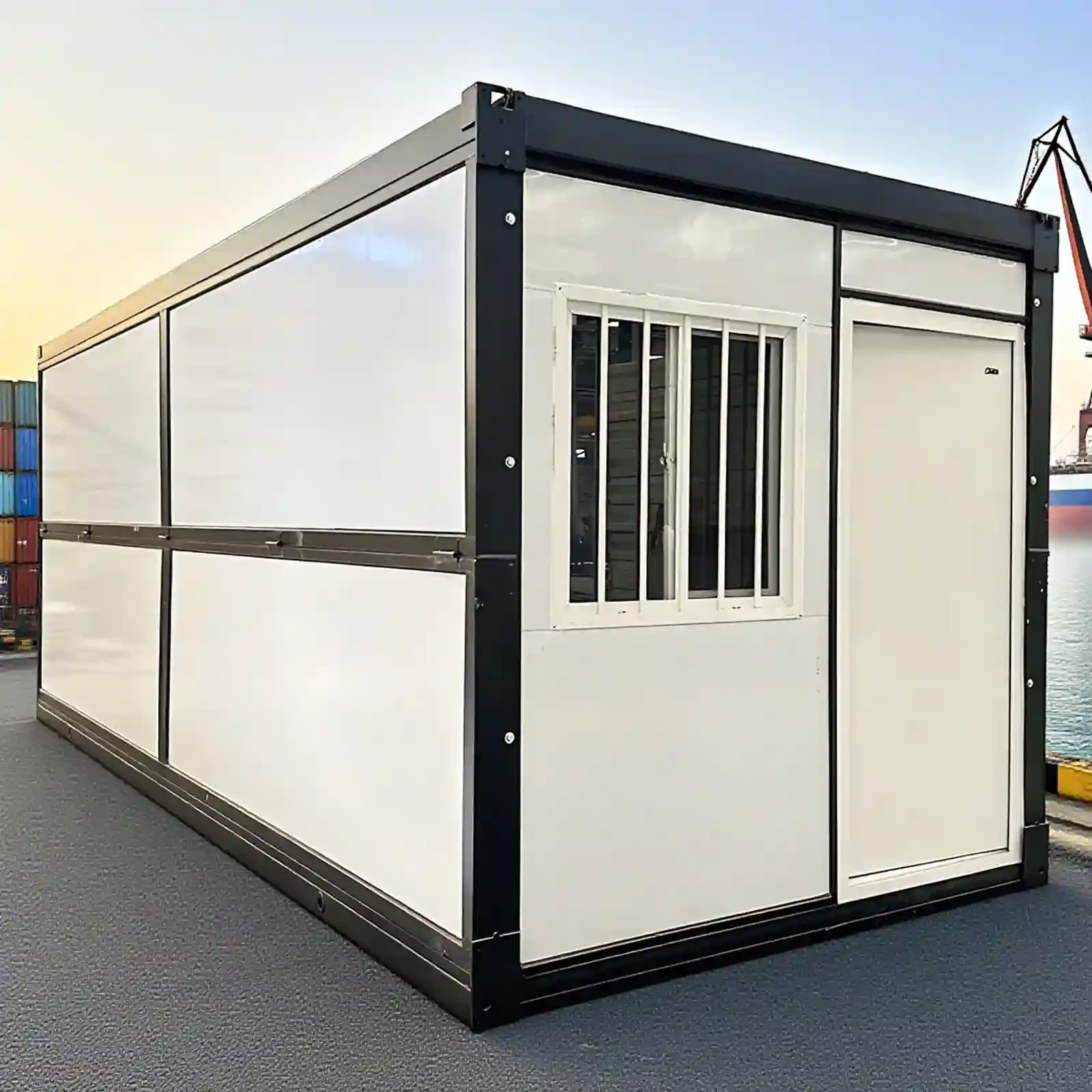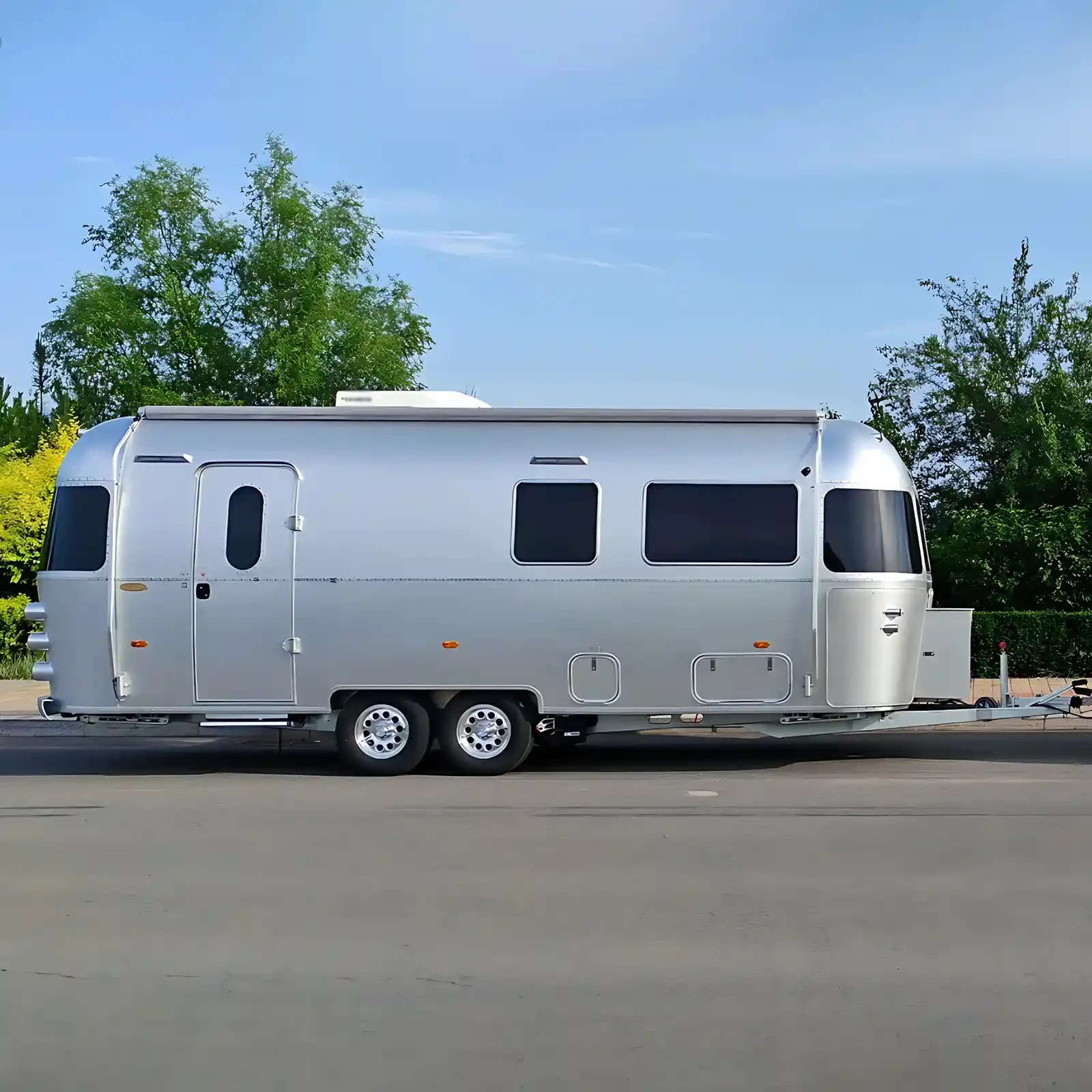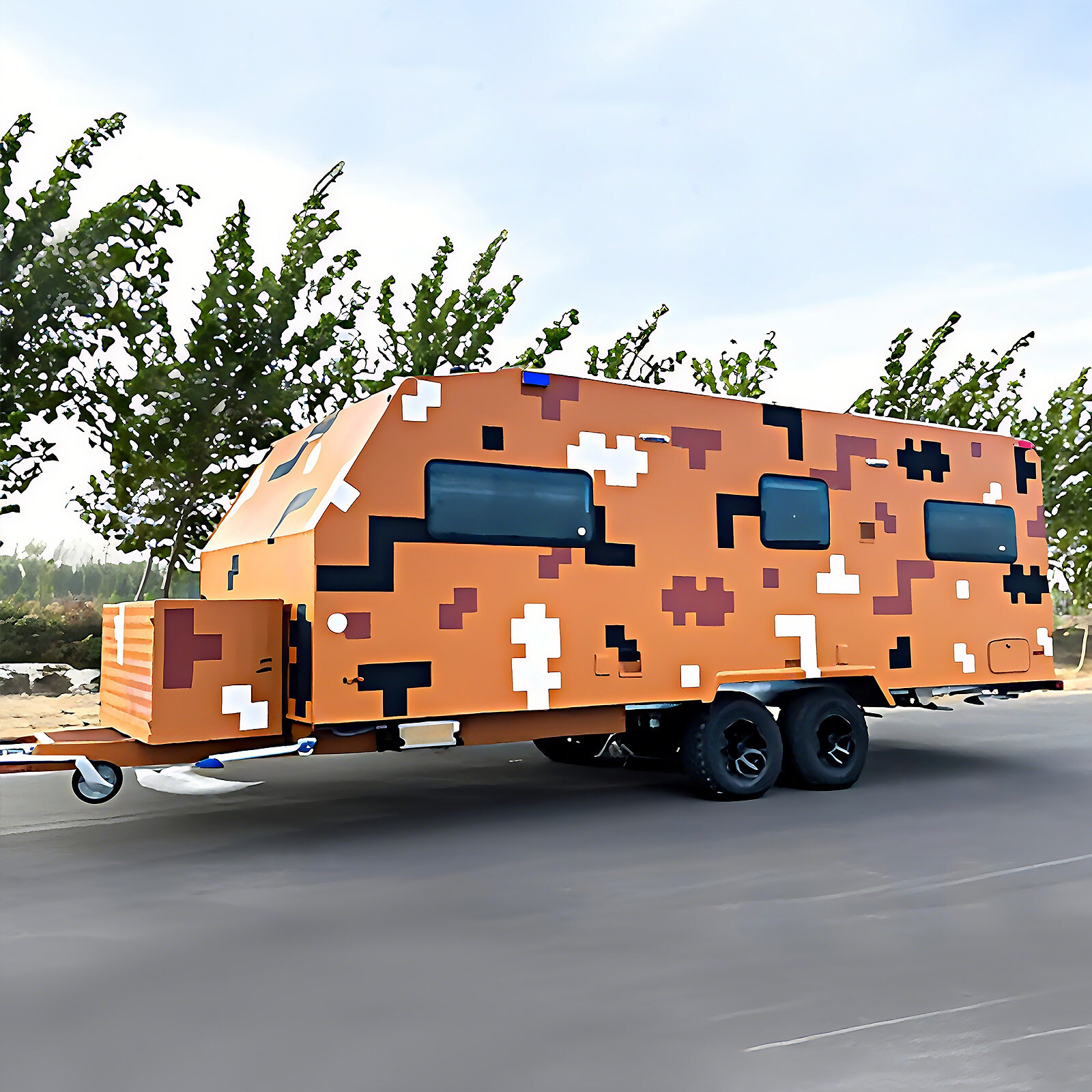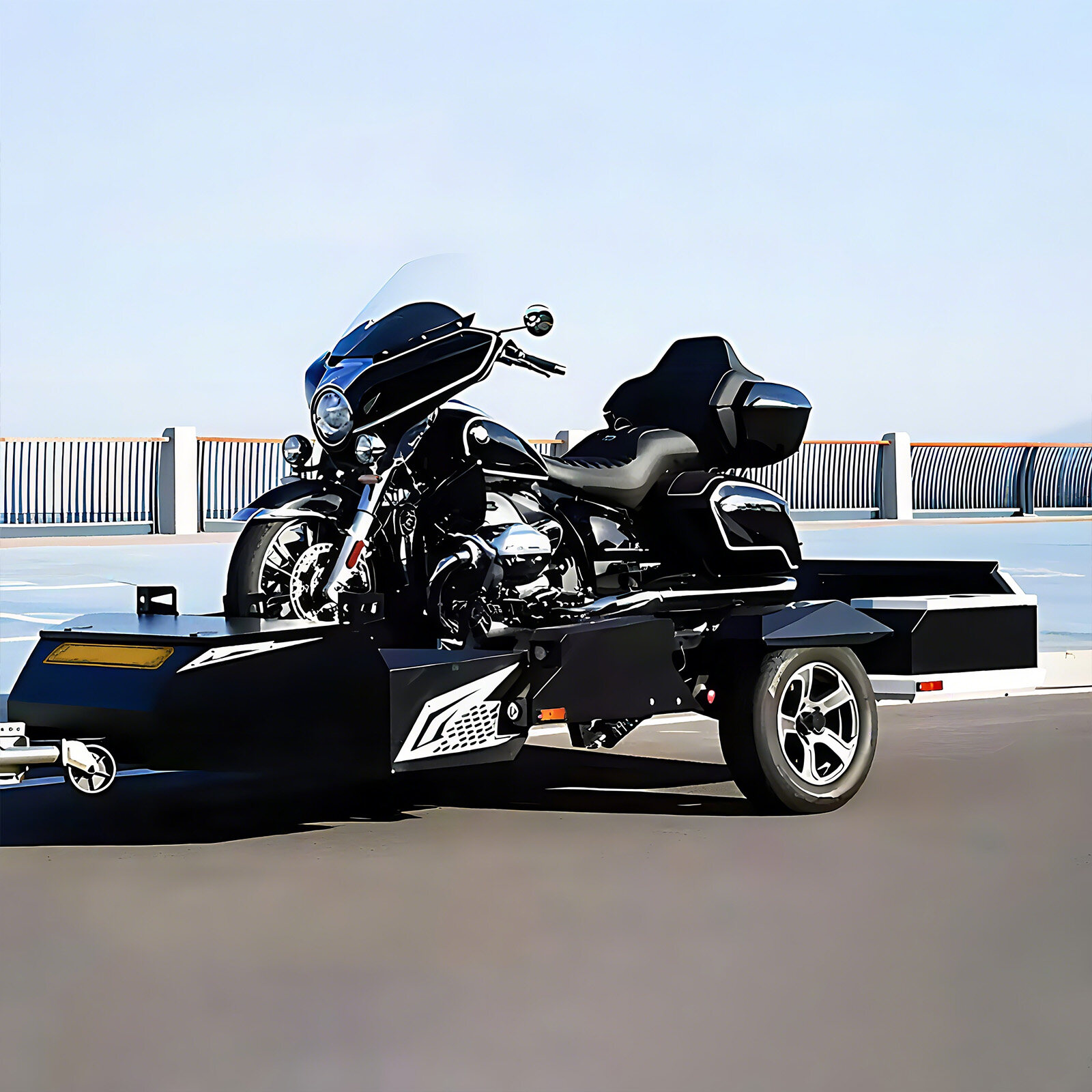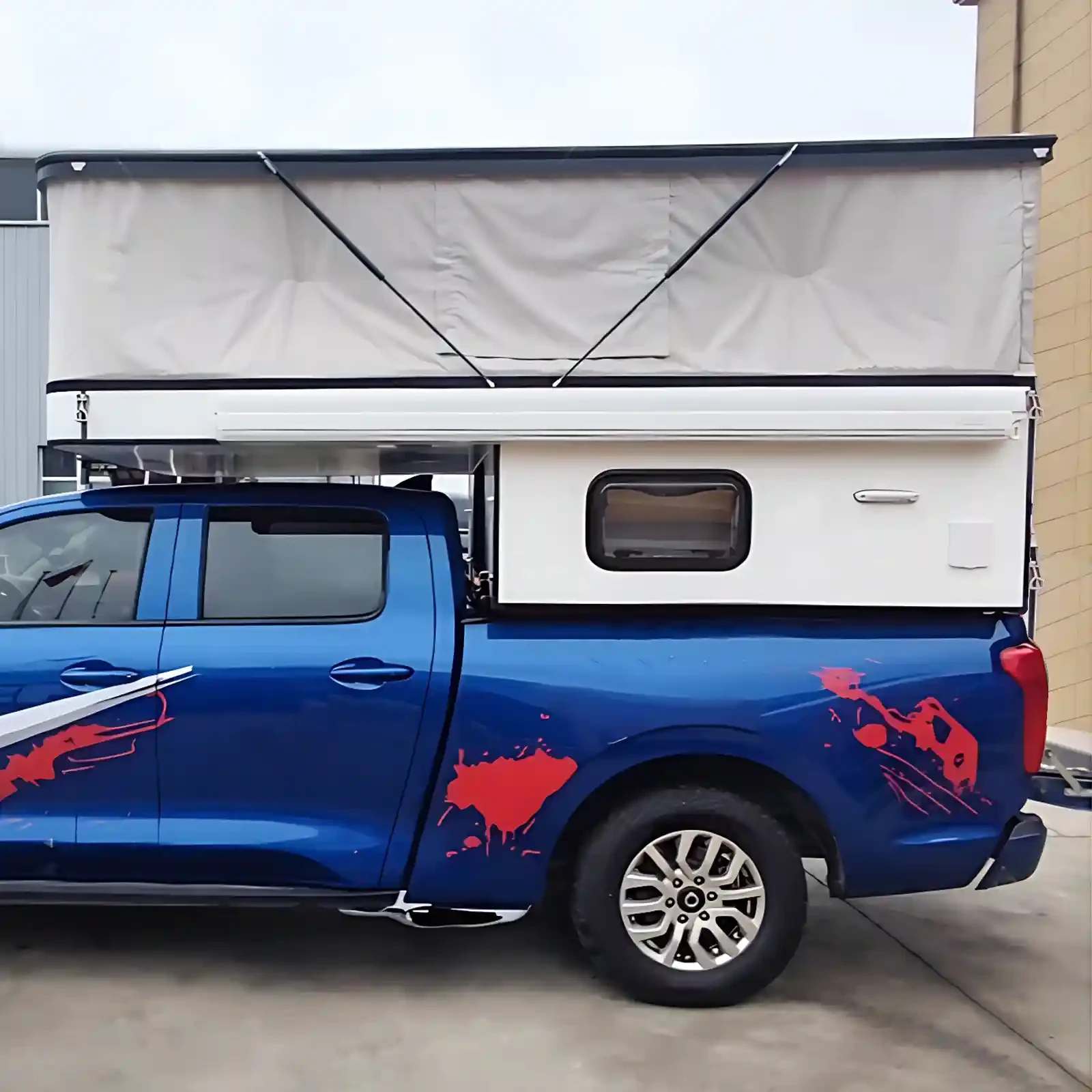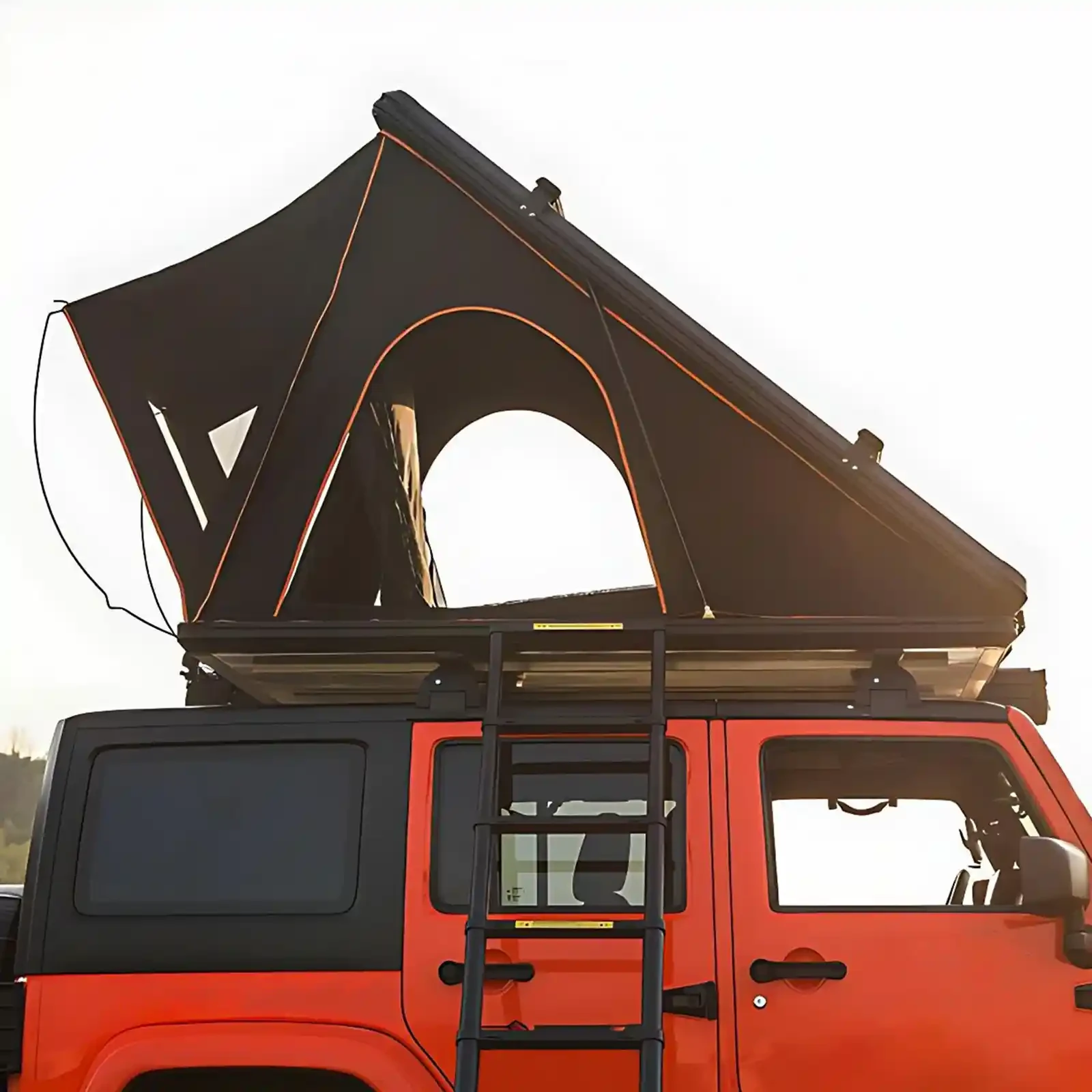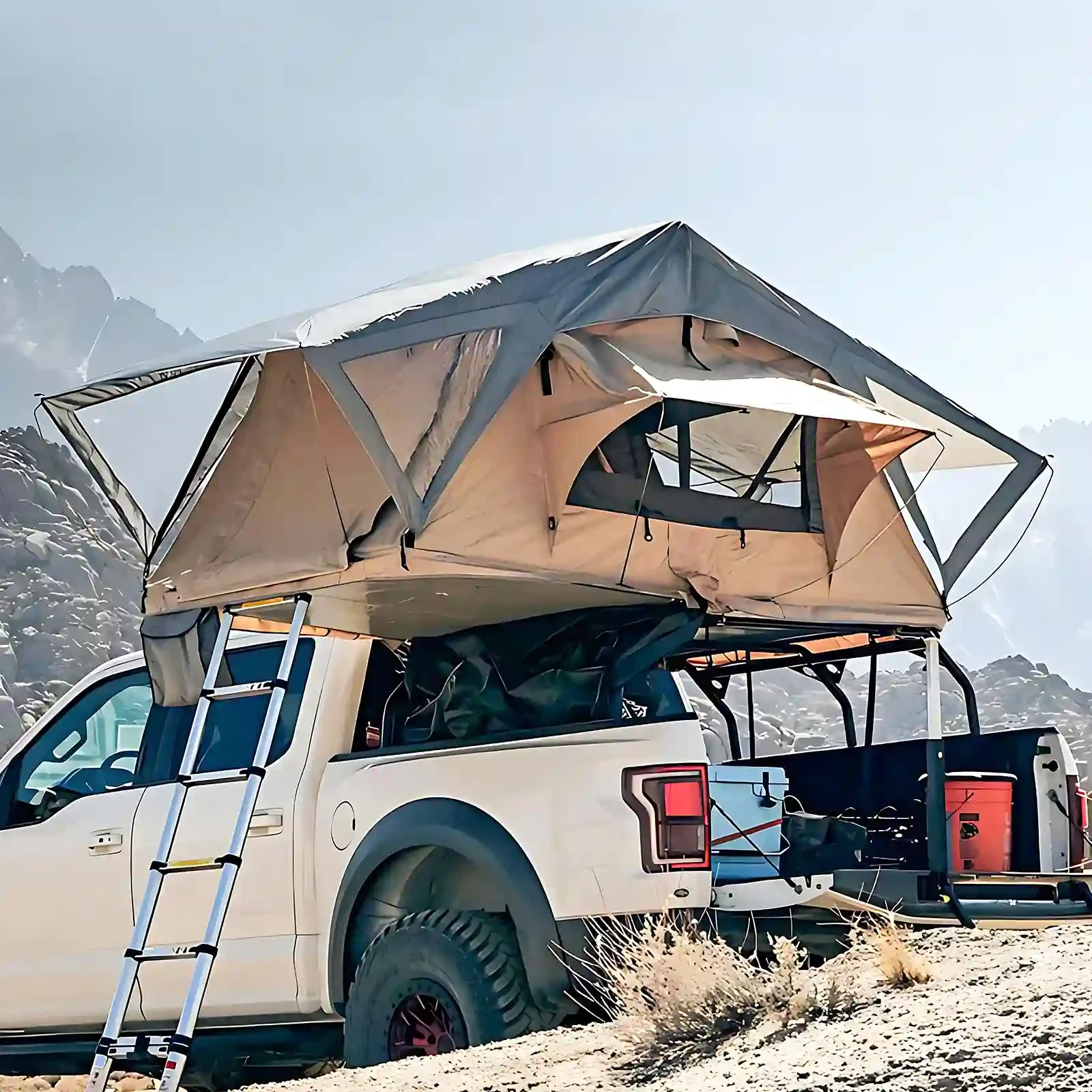A travel trailer (or travel trailer) is a recreational vehicle towed by a car. Compared to self-propelled RVs, it has unique advantages and disadvantages, and is suitable for different travel needs. Here are its main advantages and disadvantages:
Advantages:
1. Cost-Effectiveness
- For the same space and configuration, a travel trailer is more affordable than a self-propelled RV because it lacks a dedicated powertrain, eliminating expensive components like an engine and transmission.
2. Larger Living Space
- Since a travel trailer doesn't require a cabin, its interior space is more efficiently utilized, allowing for a more spacious design, making it suitable for families or large groups.
3. Flexibility
- During travel, a travel trailer can be parked at a campsite, while the towing vehicle can be used independently, for example, for grocery shopping or short sightseeing trips, making it more convenient than a self-propelled RV.
4. Low Maintenance Costs
- Since a trailer RV lacks a powertrain, routine maintenance primarily involves the body, chassis, and interior, resulting in lower costs. Maintenance on the towing vehicle is similar to that of a regular car, requiring no specialized RV repair.
5. Diverse Model Options
- From small, lightweight travel trailers to luxurious fifth-wheel RVs, a wide variety of trailers are available, allowing you to choose the model that best suits your budget and needs.
Disadvantages:
1. Requires a Suitable Towing Vehicle
- Towing a trailer RV requires a powerful SUV or pickup truck; a standard sedan is not suitable. Furthermore, the weight and size of the trailer must be consistent with the vehicle's towing capacity, otherwise safety may be compromised.
2. Driving Difficulty
- Due to the increased length of a trailer RV, maneuvers like turning, reversing, and merging lanes are more complex than with a regular vehicle, requiring considerable skill. New drivers, in particular, may need additional practice.
3. Poor Maneuverability
- Due to their larger size, trailer RVs have difficulty maneuvering on narrow roads, in mountainous areas, or on winding roads, making them less maneuverable than self-propelled RVs.
4. Inconvenient Parking
- Parking a trailer RV requires a larger space, especially in cities or small campgrounds, where parking and turning can be challenging.
5. Reduced Driving Stability
- When towing an RV, it can easily sway (drag and sway) in strong winds, downhill, or at high speeds, requiring a stability control system or additional anti-sway devices.
Suitable for:
- Long-term campers or travelers who stay at a specific location (can park at a campsite and use a separate tow vehicle)
- Families with a limited budget who need more space
- Experienced drivers who can handle towing a trailer
If you prioritize flexibility and ease of use, a self-propelled RV may be more suitable. However, if you're looking for more space and a better value, a trailer RV can be a good choice. Do you have specific needs? Leave a message to discuss.

 USD
USD
 GBP
GBP
 EUR
EUR

